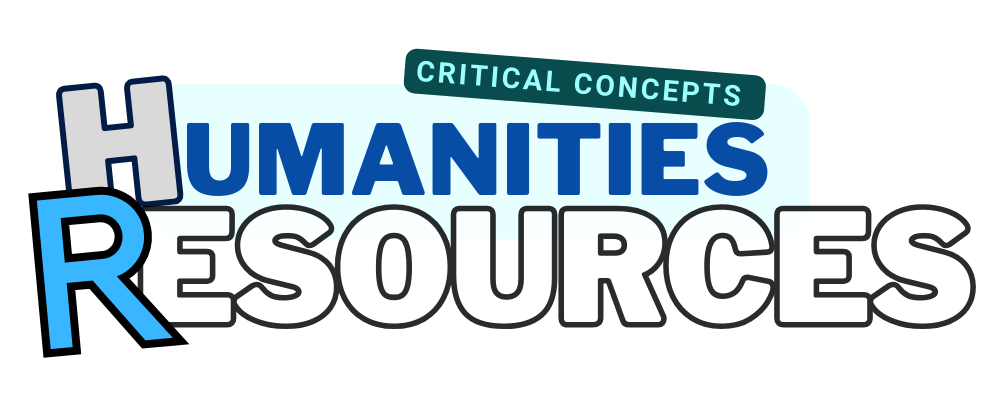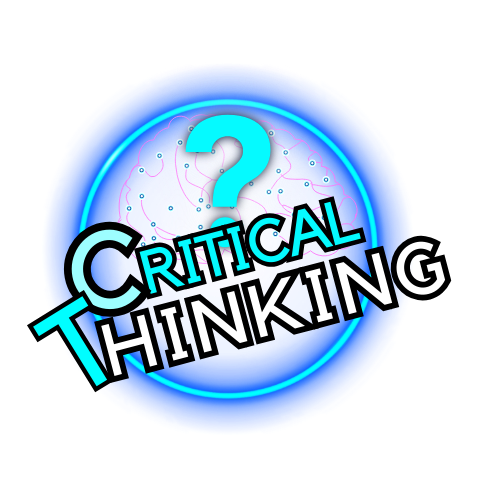The UK's education system is struggling to meet the demands of a rapidly changing society.
The democratisation of media communication allows almost everyone to produce content via social media, such as Twitter, Facebook, TikTok and Instagram, and streaming platforms such as YouTube and BitChute.
In many respects, this is a wonderful turn of events, helping more people to achieve their creative potential.
This change in the information landscape is not without pitfalls. We are witnessing a surge in information available to the public which bypasses the traditional safety valves of journalistic standards and academic peer review.
Far from being challenged, these new sources of information —including conspiracy theories, alternative medicine and pseudoscience— are often signal boosted by celebrities and influencers with huge audiences yet no particular expertise.
The solution to these informational challenges is to develop young people's critical thinking skills
Sadly, critical thinking is not a stand alone accredited subject in the UK and so educators most find novel ways to integrate these thinking skills into what they are already obligated to teach


